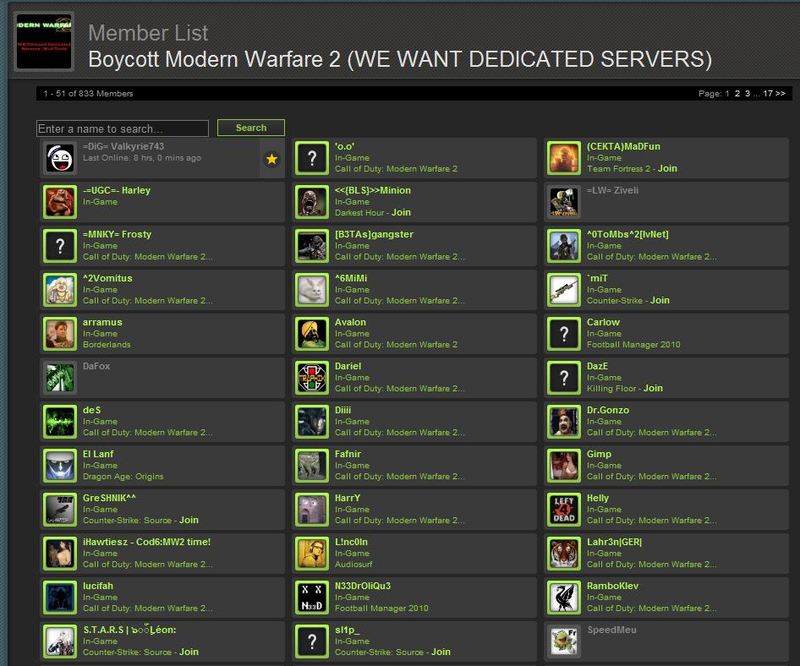41 minutes ago, Scouting Ninja said:
I doubt lootboxes will ever fade away. Booster packs and loot chests have been part of games from the dawn of games.
The only difference between lootboxes and chests that players find in dungeons is that you can pay for them instead of searching for them. Any law that removes loot boxes, removes a significant part of games.
Well, I don't want to get into another nitpick war here, but as soon as you have to PAY for random loot, you change A LOT about chests found in dungeons.
Sure, it works the exact same save the way you get access to the box. And sure, as much as some people might not LIKE getting only random rewards in a game outside of RPGs, we all know how addictive the random rewards in games can be. Yes, they have been in there for a long time and they work very well to keep that item-grind-loop going in Diablo and similar games.
But don't you think now adding in the simple fact people pay real money for it changes the whole deal more than just a little bit? Before we were talking about a mechanic to hook players to your game... which in turn some companies could use to then charge them for the time spent in the game (like in WoW), or for speeding up the process (like in some F2P games)...
Now we are talking about giving people the opportunity to get extra spins at the wheel for a fee. And it doesn't stop there (because if it would stop there, I don't think there would be much of an outrage), because the game is now built to urge players to want to spin the wheel as often as they can.
So yes, it is a difference if you ask me.
And the biggest difference here is: this is not a f2p game we are talking about. Where people that play it accepted the grindy parts, the timegating and whatnot as part of the play for free deal, and either cough up the money to pay for it (hopefully because they like the game and want to support it), or just deal with the additional grind and inconvienience as free players.
We are talking about full price AAA titles that are doing it here. Does it matter? It will not matter to everyone... some people will accept the grindiness, skip those parts, or simply don't mind spending extra. Some people will not mind the p2w elements (I didn't in some f2p games either, as long as the elements where rather tame and didn't completly took skill out of the equation)... a lot of people do. And I can understand why they do.
To clarify: I don't expect random loot chests (or lootboxes) to dissapear... only the option to aquire lootboxes with real money.
I am sure devs and publishers will find ways around it. Probably officials will then call it out again, and potentially regulators will have to step in. Probably an endless game of catching up...
But paid lootboxes in the current iteration are probably having a hard time in the coming months... and I for one expect that to be dropped by publishers at some point (probably in favour of the next monetization craze).
41 minutes ago, Scouting Ninja said:
Or maybe there are people who work hard each day, don't have the reflexes and skill they use to have and still want to play along with there friends.
Just maybe the people who don't complain about micro transactions, enjoy the freedom and opportunity they bring.
Well, then you didn't got the context of what I was saying. Again, I have nothing against well implemented microtransactions in AAA games. I have nothing against non-P2W microtransactions in F2P games.
What I do object to is publishers and devs creating their games around microtransactions and gambling mechanics. Which has nothing to do with speeding up progress in a F2P game, which of course HAS to be built around microtransactions. When I buy an AAA game for 60$, I expect to be able to play the game without having timegates and paywalls and other inconviniences at every corner urging me to put more money into the arcade machine. That is not why I pay full price for a game to play on my console or PC.
What I do pay for, and gladly do so:
- getting a day of premium every sunday in World of Warships when playing with my friends for some hours. Speeds up the progress in the little time I have to play the game, and evens out the progress I loose somewhat to my friends who have less timewasting hobbies besides gaming like me
- every few months, I buy a premium ship, when wargaming releases one that is well balanced, having a good looking model and is of some historical relevance or just an interesting concept. I feel like wargaming deserves more of my money than what I pay them with the little premium time I buy, and the premium vehicles I bought from Wargaming to date have been well implemented and handled by them.
- Getting additional characters and DLC in games I like, which seem like complete products from the start. When I don't feel like the game has been chopped to pieces, I gladly buy additional characters or pay for other DLC.
41 minutes ago, Scouting Ninja said:
Maybe we should just abandon the old pricing systems. Developers should just base there sales on how much it cost to make the game.
I would totally agree to this. I think there should be room for different prices in the market, without people screaming bloody murder because some game they really would like to play is more expensive than another game.
To some extent we already have this... Indie games being cheaper come to mind, and some less successfull games going down in price over time, while more successfull ones being kept at a higher price.
Now the base price should also be open in the other direction. Because as much as some people might not WANT to understand it, not all games cost the same to make. And a system with a flat price does not only incentivice the publishers to add more and more microtransactions and other monetization to their games beyond the base price, it also incentivices devs and publishers to cut corners, maybe beyond what is good for the game.










